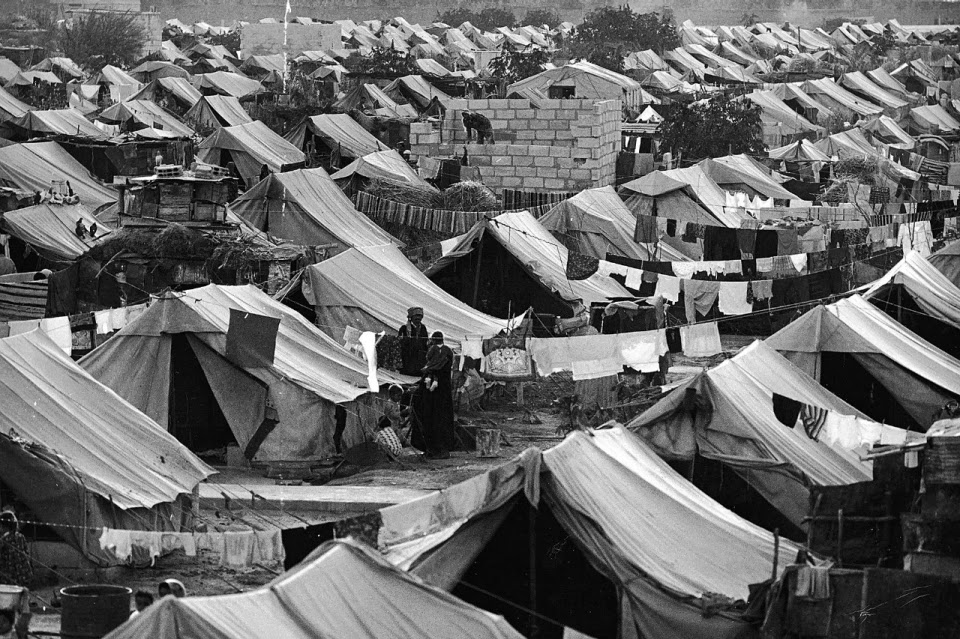involves a preemptive initiative, or a responsive mechanism to development plans implemented by the government and/or corporations that often negatively affect communities. An "alternative plan” can involve many different mechanism and processes, but ultimately involves "creating an accountable and critical balance between the public and private sectors” (Burnham). This process involves many different levels of interventions, including skill-building, empowerment and the affected community consultations and cooperation. A key aspect of alternative planning is capacity building, involving empowerment, mobilizing a local community by providing its members with the skills and knowledge, and/or with experts in these areas, in order to produce its own, alternative development plan. The plan then serves as a vehicle for articulating and advocating the community’s collective vision before planning authorities.
Thus, alternative planning processes entail many contributions, including social production of habitat by production of a plan that represents a community’s collective common development objectives, rather than one imposed by external forces.





